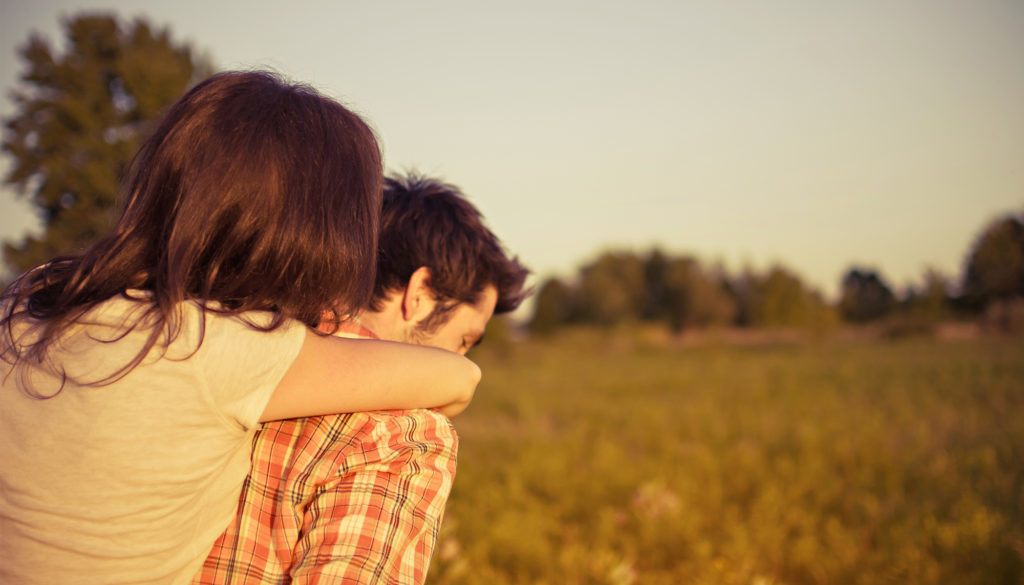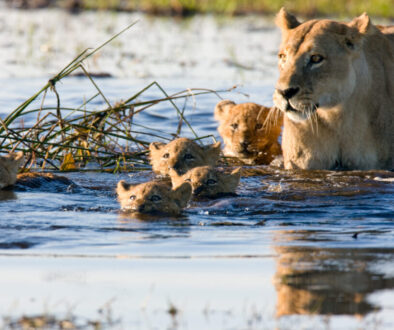HPV – What is it and who needs the vaccine?
HPV – What is it and who needs the vaccine?
Human Papillomavirus infections, more commonly known as HPV, are the most common sexually transmitted diseases that can affect both men and women. It has been associated with different cancers in men and women including:
- Cervical cancer
- Vulvar and vaginal cancers
- Anal cancer
- Throat cancer
- Penile cancer
It is also the cause of anal and genital warts.
Why should you be concerned?
- Anyone who engages in any type of sexual activity including oral, genital or anal contact is at risk for HPV. It is not necessary to have sexual intercourse to be infected with HPV.
- Not all HPV infections cause symptoms, so it is not always possible to know if you are infected. It is then possible to pass on the infection to others without even knowing it.
- Every year in BC:
- About 200 women will get cervical cancer and 50 will die from it.
- About 110 people will get anal cancer and 40 will die from it.
- 5,500 people will develop genital warts.
There are more than 100 types of HPV that can be considered either high risk or low risk. High risk HPV types can cause cervical, genital, and anal cancers as well as certain cancers of the head and neck. Low risk HPV types can lead to anal and genital warts.
HPV vaccines protect against the most common strains of HPV associated with cancers. In Canada, there have been 3 types of HPV vaccines that all protect against the 2 HPV types that cause about 70% of cervical cancer.
Cervarix vaccine (HPV2)
- Prevents cervical cancer and pre-cancerous lesions caused by HPV types 16 and 18.
Gardasil 4 (HPV4):
- Prevents cervical cancer and pre-cancerous lesions caused by HPV types 16 and 18;
- Prevents anal and genital warts caused by HPV types 6 and 11.
Gardasil 9 (HPV9):
- Prevents cervical, vulvar, vaginal, and anal cancers and related pre-cancerous lesions caused by HPV types 16, 18, 31, 33, 45, 52 and 58.
- Prevents anal and genital warts caused by HPV types 6 and 11.
Gardasil9 is the HPV vaccine that is currently available at TravelSafe Clinic.
Who should receive the vaccine?
Gardasil 9 is recommended for both men and women. It is provided free for boys and girls in grade 6. It is also provide free to individuals between 9-26 years of age who are:
- Boys born on or after January 1st, 2006
- Girls born in 1994 or later
- HIV positive
- Transgender
- Men who have sex with men, including those who may not yet be sexually active and are questioning their sexual orientation
- Men who are street involved
It is also provided free to males who are:
- 9-18 years of age in care of the Ministry of Child and Family Development
- In youth custody services centres
If you fall into one of the above categories please contact the Public Health Unit in your area to schedule a vaccine appointment. You can find a health unit by searching your city or postal code at https://immunizebc.ca/
The vaccine is also recommended but not provided free to:
- Women born before 1994 who are 45 years of age and younger
- Men 9-26 years of age who do not fall into one of the above categories
- Men 27 years of age and older who are men who have sex with men.
The vaccine is available for purchase at TravelSafe clinic if you fall into one of the above categories.
If you do not fall into one of these categories but think the vaccine may be of benefit to you, please call your health care provider at TravelSafe Clinic for more information!
Vaccine schedule:
Healthy individuals 9-14 years of age:
- 2 doses separated by 6 months
Immunocompromised individuals 9-14 years of age, and all individuals 15 years of age and older:
- 3 doses at 0, 2, and 6 months
Still have questions?
Below you can find the answers to some frequently asked questions:
Why is the vaccine recommended at such a young age?
- It is best to receive the vaccine before any exposure to HPV (i.e. before sexual activity begins).
If I am already sexually active should I still get the vaccine?
- People who have already become sexually active should still receive the HPV vaccine because it is unlikely that a person would have been exposed to all the HPV types contained in the vaccine.
Is the vaccine safe?
- The HPV vaccine has proven to be safe an effective. Hundreds of millions of doses of the vaccine have been administered worldwide.
- Common reactions to the HPV vaccine are similar to reactions to other vaccines. These common reactions include redness, swelling and soreness of the injection site, as well as fever, headache, fatigue, and muscle or joint ache.
How well does the vaccine work?
- In women who have never been infected with HPV the vaccines prevent nearly 100% of cases of cervical cancer caused by the HPV types contained in the vaccine.
- The HPV9 vaccine prevents around 78% of cases of anal cancers in men caused by the two main types of HPV.
- The HPV vaccine prevents around 90% to 100% of genital warts in both men and women caused by HPV types 6 and 11.
How long does the vaccine last?
- It is currently not known how long protection from the vaccine lasts. There is no recommendation for a booster at this time.
I received 2 doses of Gardasil 4. Can my 3rd dose be with Gardasil 9?
- Yes! If you have started with Gardasil 4 the series can be completed with Gardasil 9. However, only 1 dose of Gardasil 9 will not protect against the 5 additional strains of HPV that are not in Gardasil 4. A complete series of Gardasil 9 is recommended to ensure protection against these 5 additional strains.
I am a women who has had abnormal PAP screening. Should I receive the HPV vaccine?
- The HPV vaccine does not have any effect on existing cervical lesions, nor does it prevent the consequences of any existing HPV infection. However, it is unlikely that a person has been exposed to all types of HPV contained in the vaccine so it may still be of benefit in preventing other types of HPV.
I have had the HPV vaccine. Does this mean I no longer need PAP screening?
- It is still important to receive regular PAP screening as the HPV vaccine protects against most but not all cervical cancers.



